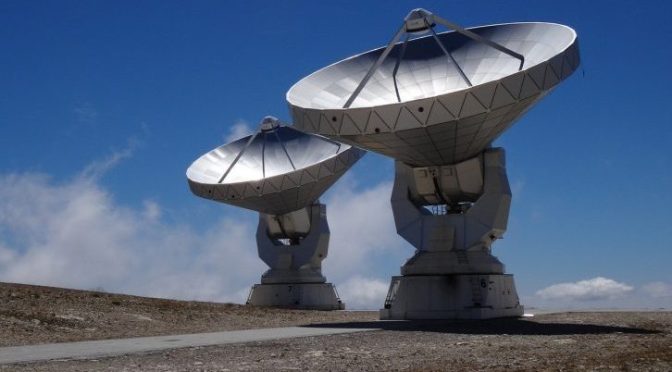I have some experience dicussing Islam because my mother’s side of the family is all Muslim. My go-to argument has always been to confront them about the Qur’an’s claim that Jesus did not die of crucifixion. But I noticed a different argument from Laura Powell, who knows far more about this topic than I do. Do you think her approach is the best one?
She writes about it over at her blog, An Affair with Reason:
The crux of the argument is this: The Qur’an affirms the inspiration, authority, and preservation of the New Testament Gospels;[2] yet the Qur’an also contradicts the Gospels on major theological and historical points. Therefore, the Qur’an cannot be reliable.
According to the Qur’an, the Gospel is the trustworthy, reliable revelation of God given as a guidance for mankind (Qur’an 3:3-4). These Scriptures from God were available and trustworthy when the Qur’an was revealed in the 7th century A.D., and those who had access to them were repeatedly told to obey them, judge by them, submit to their teaching, and stand fast upon them. In other words, according to the Qur’an, the Gospels are the inspired and authoritative words of God.
Qur’an 5:47 says, “And let the People of the Gospel judge by what Allah has revealed therein. And whoever does not judge by what Allah has revealed—then it is those who are the defiantly disobedient.”
Furthermore, Qur’an 5:68 states, “Say, ‘O People of the Scripture, you are [standing] on nothing until you uphold [the law of] the Torah, the Gospel, and what has been revealed to you from your Lord’” (see also 6:114; 3:3-4).
What I like about her argument is that she’s just taking the words of the Qur’an seriously, and asking the Muslims who claim to believe it what’s going on here. Why say that the gospels are unreliable today, when the Qur’an said that the gospels were reliable, yesterday.
My argument about the death of Jesus requires us to ask Muslims “where is the non-Muslim historian who thinks that Jesus did not die?” There isn’t one.
But my argument requires that the Muslim know something about historical scholarship, to know what non-Muslim historians think.Laura’s argument has wider appeal, because it doesn’t require that the Muslim have any knowledge about history – only knowledge about what their own holy book says.
She concludes with this:
What we see here is that the Qur’an teaches the inspiration, authority, and preservation of the Gospels. The Qur’an was intended as an Arabic version of the message of truth found in the Jewish and Christian Scriptures, but this presents a huge problem for Muslims because the Qur’an contradicts the Christian Scriptures on essential doctrines. Most notably, the Qur’an teaches that Jesus was not God incarnate, he did not die on a cross, and he was not raised from the dead (Qur’an 4:157; 5:116).
Here’s the dilemma for Muslims: If the Gospels are not trustworthy, then the Qur’an is false because it teaches that the Gospels are the inspired, perfectly preserved, authoritative words of God. But if the Gospels are trustworthy, then the Qur’an is false because it teaches contradictory, mutually exclusive facts about key issues. Either way, the Qur’an is false.
This, of course, is a huge problem for Muslims. The validity of Islam rests upon the reliability of the Qur’an, just as Christianity rests upon the truth of the divinity, death, and resurrection of Jesus. If the Qur’an is unreliable, then Islam is a false religion.
I like that she’s comfortable having disagreements with people. That’s not very common in the church today, in my experience.
By the way, this is the same Laura who wrote that really good article about how she found a better way to discuss her Christian worldview when she moved on from sharing her testimony. I blogged about it here.


